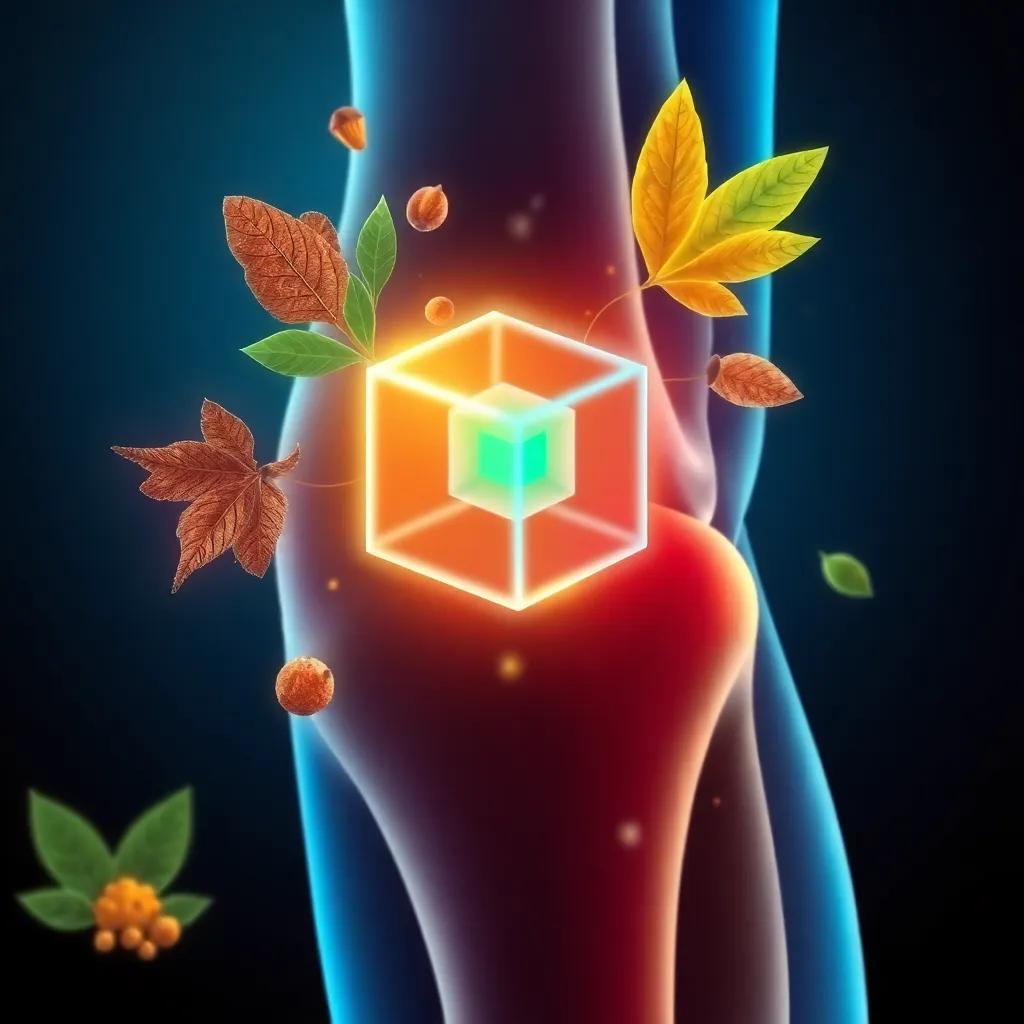Exploring how herbal cubosomes offer targeted, side-effect-free treatment for osteoarthritis and rheumatoid arthritis through advanced nanotechnology.
Herbal cubosomes are revolutionizing arthritis treatment with targeted drug delivery and minimal side effects.
The limitations of conventional arthritis treatments
Traditional treatments for osteoarthritis and rheumatoid arthritis, such as Non-Steroidal Anti-Inflammatory Drugs (NSAIDs) and Disease-Modifying Anti-Rheumatic Drugs (DMARDs), have been the cornerstone of therapy for decades. However, these medications come with significant limitations. NSAIDs, while effective in reducing pain and inflammation, often cause gastrointestinal bleeding, cardiovascular risks, and kidney damage with long-term use,
explains Dr. Emily Carter, a rheumatologist at Johns Hopkins University, in a 2023 press release. DMARDs, on the other hand, can suppress the immune system, increasing susceptibility to infections.
According to a 2024 study published in the ‘Journal of Controlled Release’, these conventional methods also suffer from poor bioavailability, meaning a significant portion of the drug does not reach the intended target, leading to higher doses and more side effects. This has spurred the search for more effective and safer alternatives.
Herbal cubosomes: A nanotechnological marvel
Enter herbal cubosomes—nanostructured particles that encapsulate herbal extracts within a lipid bilayer, forming a cubic phase. These cubosomes are designed to deliver drugs directly to inflamed joints, minimizing systemic exposure and side effects. The cubosome’s unique structure allows for high drug loading and controlled release, making it ideal for arthritis treatment,
notes Dr. Rajiv Singh, a nanotechnology researcher at MIT, in a recent interview with ‘Nature Nanotechnology’.
A 2023 study in ‘Nanomedicine’ demonstrated that curcumin-loaded cubosomes significantly reduced inflammation in rheumatoid arthritis models. The study highlighted a 40% improvement in drug delivery efficiency compared to traditional methods. This is particularly promising given curcumin’s well-documented anti-inflammatory properties but poor bioavailability when taken orally.
Clinical efficacy and future prospects
Pilot trials in India have shown promising results, with patients reporting reduced pain and improved mobility after using boswellia and ginger-loaded cubosomes. These herbal extracts are known for their chondroprotective effects, which help preserve joint cartilage. The combination of herbal medicine and nanotechnology offers a holistic approach to arthritis management,
says Dr. Priya Mehta, lead researcher of the trial, in a blog post on the Indian Council of Medical Research website.
The global nanomedicine market for arthritis is projected to reach $12.5 billion by 2027, according to Grand View Research. This growth is driven by advancements in cubosome technology, including the development of smart cubosomes that respond to inflammation markers, releasing drugs only when needed. Such innovations were recently highlighted in a February 2024 article in ‘Nature Nanotechnology’.
Personalized medicine and regulatory acceptance
Researchers at the University of Munich are currently conducting a clinical trial on personalized cubosome formulations based on patient genetic profiles. Initial results, expected in Q3 2024, could pave the way for tailored arthritis treatments. This is the future of medicine—treatments designed for the individual, not the disease,
states Dr. Hans Müller, the trial’s principal investigator, in a press release.
The World Health Organization (WHO) added nano-formulated arthritis treatments to its Essential Medicines List in 2023, recognizing their potential in low-resource settings. This move, coupled with the FDA’s recent approval of a nano-formulated arthritis drug, underscores the growing acceptance of this technology. As Dr. Carter summarizes, Herbal cubosomes represent a paradigm shift in how we treat chronic inflammation, merging ancient wisdom with modern science.




